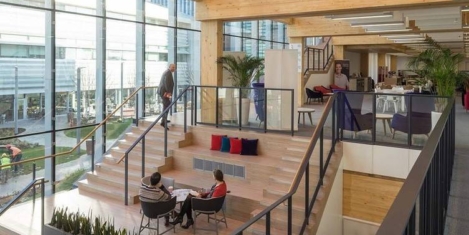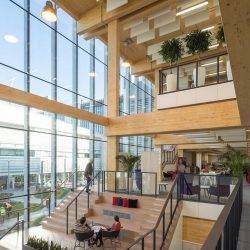November 6, 2018
Third of UK workers find it hard to maintain a work life balance

Almost a third (30 percent) of UK workers don’t feel that they have a good work life balance in their current role, despite the fact that the majority (73 percent) would like to keep their work and home lives separate from one another. According to a study of over 2,000 workers across France, Germany, Italy, Netherlands and the UK from ADP (Automatic Data Processing), UK workers have a tougher time separating their personal and professional lives than European workers. An average of one third (33 percent) of European workers surveyed felt a bad day at work affected their personal life, compared to 38 percent in the UK. Worryingly, almost a third (30 percent) of British workers feel their work does not make a difference. Across Europe, women tended to find a work life balance more appealing, with 62 percent identifying it as a very important feature of their ideal job, and only 52 percent of men doing the same. Interestingly, the younger the employee the less likely they were to identify work life balance as important.
















 The new northern home of the BBC is giving London a run for its money when it comes to siting offices for the UK’s top tech talent, with Manchester leading the way, according to
The new northern home of the BBC is giving London a run for its money when it comes to siting offices for the UK’s top tech talent, with Manchester leading the way, according to 













November 5, 2018
An intersectional approach to trends in workplace design at Orgatec 2018
by Mark Eltringham • Comment, Workplace design
More →